How to become a boutique coffee chain? The secret of expanding a coffee shop from a store to a chain!
Professional coffee knowledge exchange more coffee bean information please follow the coffee workshop (Wechat official account cafe_style)
According to incomplete statistics, by the end of 2018, the number of cafes in China has approached 140000. With the rise of the new middle class in China, instant coffee and commercial coffee can no longer meet people's demand for high-end coffee. The wave of domestic boutique coffee is coming. Boutique coffee is bidding farewell to the niche market and begins to move towards the mass market. The market share in the future is also slowly expanding.
Nowadays, there are two phenomena in the boutique coffee industry: emerging independent coffee shops continue to emerge, and mature boutique coffee brands are seeking large-scale chain operation. So how can an independent coffee shop expand to the size of a chain? What is the biggest problem facing the expansion of a single store into a chain?
Let's look a little further. Let's first introduce some of the most representative boutique coffee chains in London.
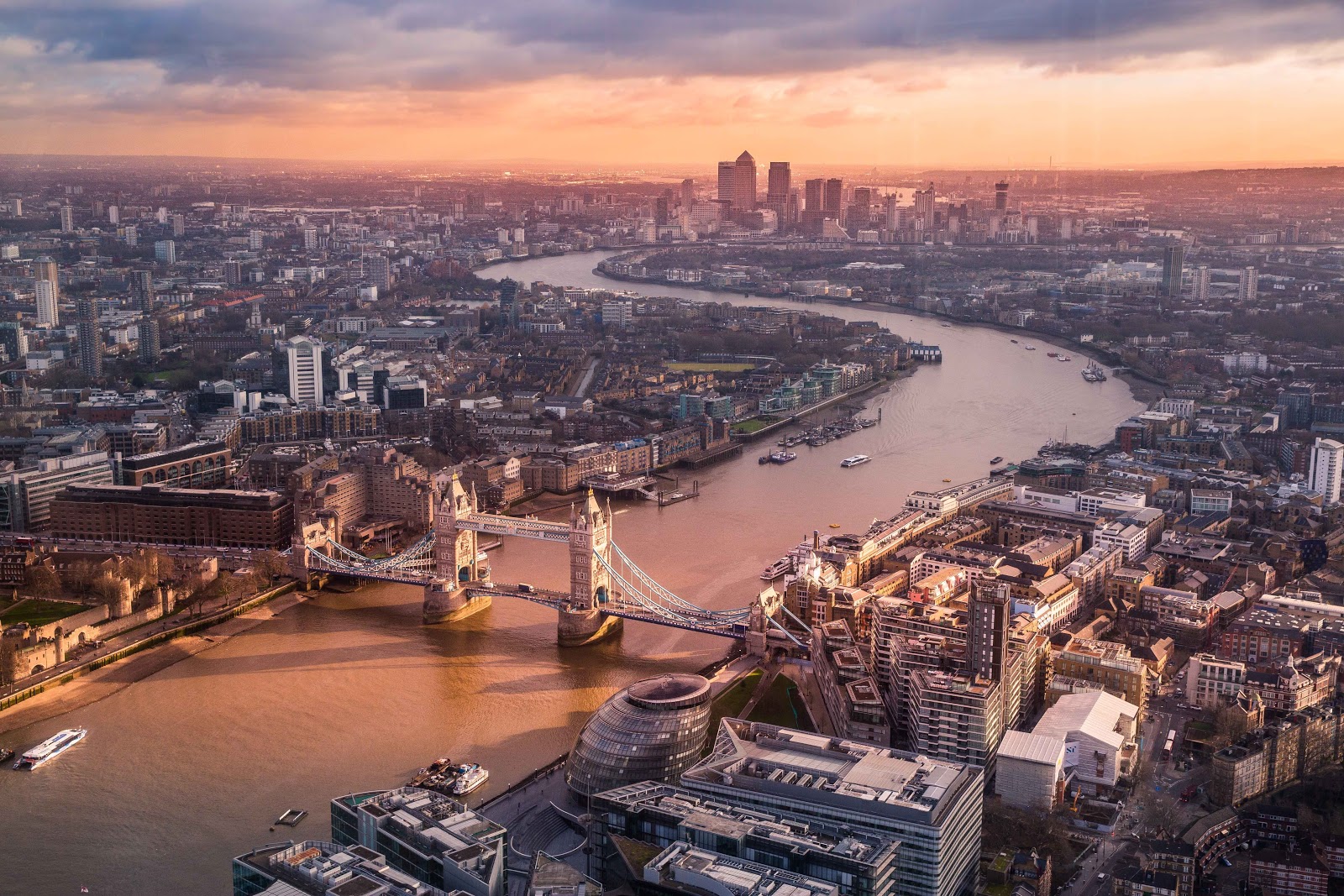
In the early years, it can be said that the local boutique coffee shops in London could hardly smell too much commercial atmosphere, relying solely on the owners' enthusiasm and momentum for coffee, so that the city's coffee industry has developed quite vigorously-so far, there are nearly a thousand coffee shops in the whole city of London, but in such a competitive situation, many owners have begun to seek ways to operate for a long time. For example, set up a branch or join a small chain system of a boutique coffee shop.
Department of Coffee and Social Affairs
Department of Coffee and Social Affairs, with the help of two bankers interested in coffee, enabled co-founder Stephen Eric Taylor (Stefan Allesch-Taylor) to grow into a coffee shop in London that now has as many as 20 coffee shops. Apart from its own, Taylor has also taken over other well-known coffee shops, but Taylor has not stopped and will be in Manchester in the future. Outside Chicago and Bristow, it will also open in office buildings in London.
It is true that part of Department's success comes from a strong investment team, but more importantly, the ten-year-old coffee quality keeps the drinks in each of its stores at a certain level-no matter when they visit, the flavor is consistent.
This high level can be attributed to Dumo Mathema, the chief baker of Department. With 12 years of experience in baking beans, he checks the quality of each batch of baked beans, so Department is more and more popular with customers.
With the popularity and quality assurance in the industry, more and more coffee shops have become branches of Department in recent years, including TAP Coffee, Timberyard, Daily Goods, Tradewind and Roasted Rituals.
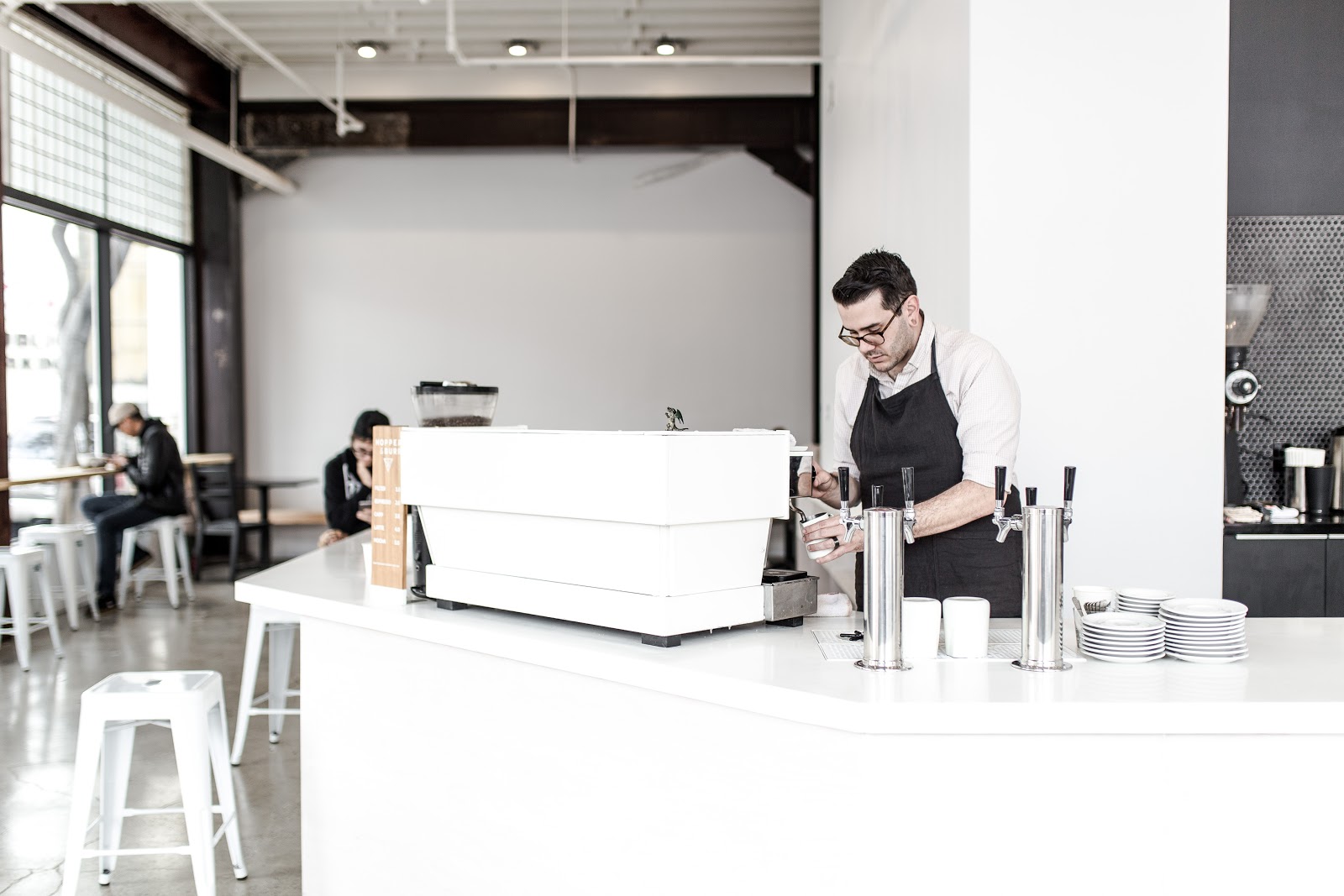
Department of Coffee and Social Affairs
Number of branches: 20 +
Features: coffee quality and rapid expansion of the business
Year of opening: 2010
Taylor St Baristas
Taylor, which has as many as 10 stores, can be said to be the ancestor of small coffee chains, but unlike the Department strategy mentioned above, they have slowed down their expansion in recent years, focusing on existing stores.
Perhaps because of the failed experience of Harris+Holes 's rapid expansion and mergers and acquisitions in the past, Taylor was later established to be customer loyalty-oriented and attached importance to the welfare of its employees, while in order to maintain quality, Taylor also has its own bean baking factory, so that customers can feel the intentions of the store in all aspects.
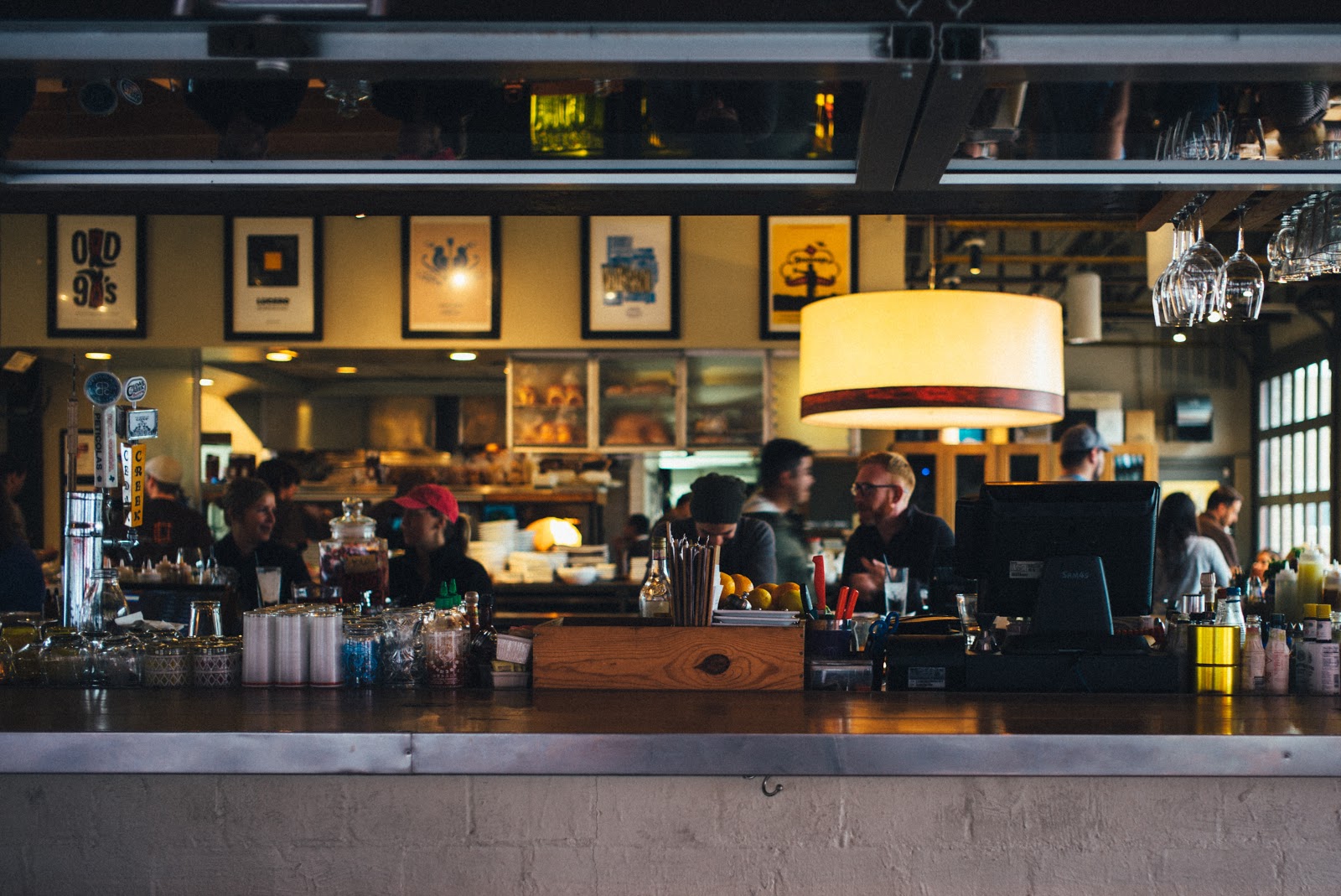
In these ten branches, compared with other stores that prefer speed, Monument Cafe and Chancery Lane are more like a place to relax. The former brings guests a more sedentary and relaxing image in terms of space and decoration style, while the latter is the only branch that provides dinner.
Although most of the other eight stores are mainly for takeout, from the experience of past visits, we can feel the warmth of service, high-level meals, and the dining efficiency of take-out restaurants, even if you want to drink by hand. the clerk will still give you a choice to smell the coffee beans.
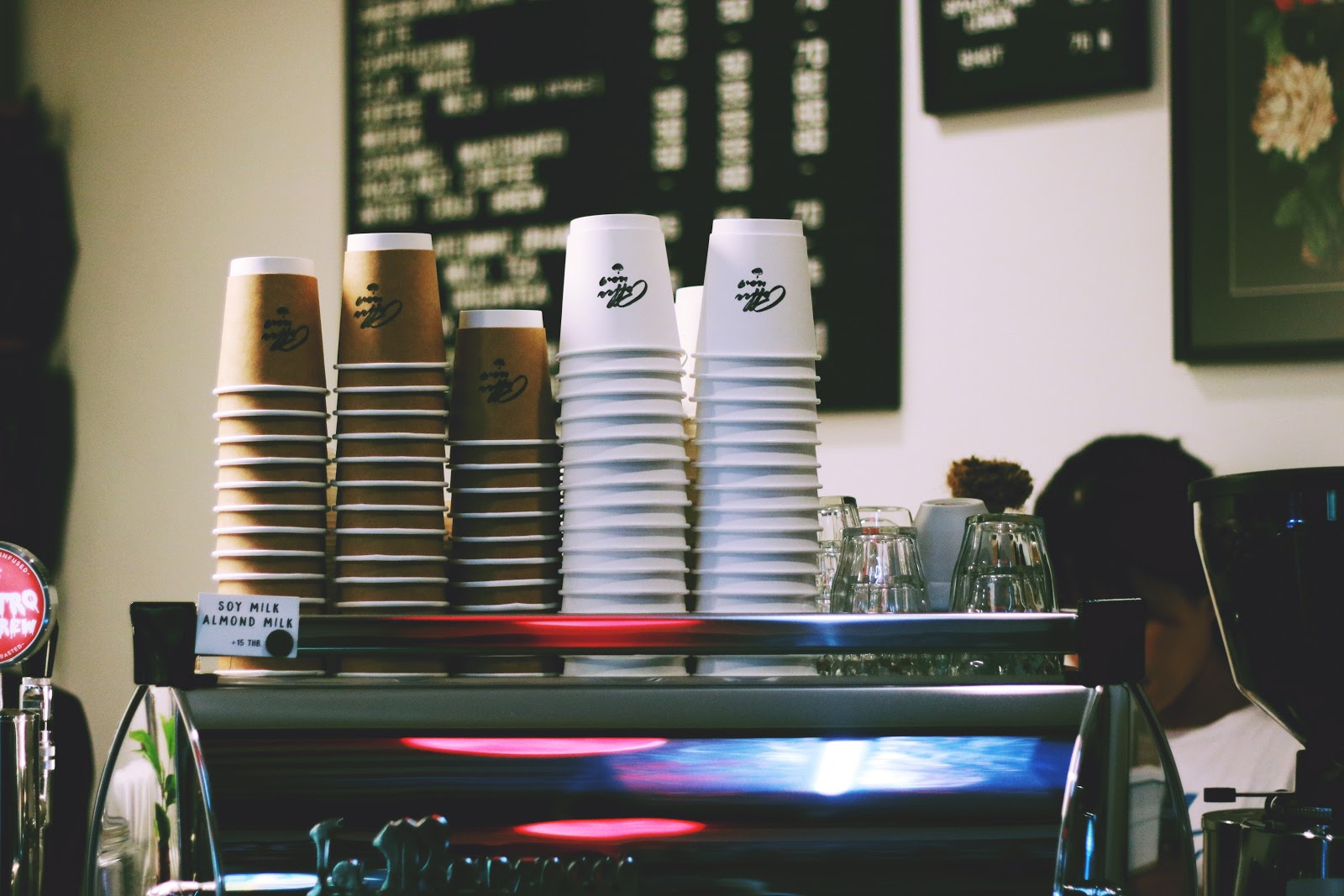
Taylor St Baristas
Number of branches: 10
Features: service efficiency
Year of opening: 2006
Grind
Grind is a small chain of bars and coffee shops. Compared with traditional coffee shops, Grind's overall style is more fashionable, just like ordinary bars-until midnight, it is one of the few late-night coffee places in London.
Grind, with eight branches, has gained popularity by investing in its own bean baking plant and acquiring Noble Espresso, a temporary store that appears at major events, and has cultivated a regular customer base of return visits.
In the next five years, Grind plans to open ten new stores through crowdfunding and set up franchise stores at traffic points such as airports or stations. I have to say that I am looking forward to it.
Finally, if you have a chance to visit Grind, you are recommended to order their signature cocktail-this espresso-based alcoholic drink.
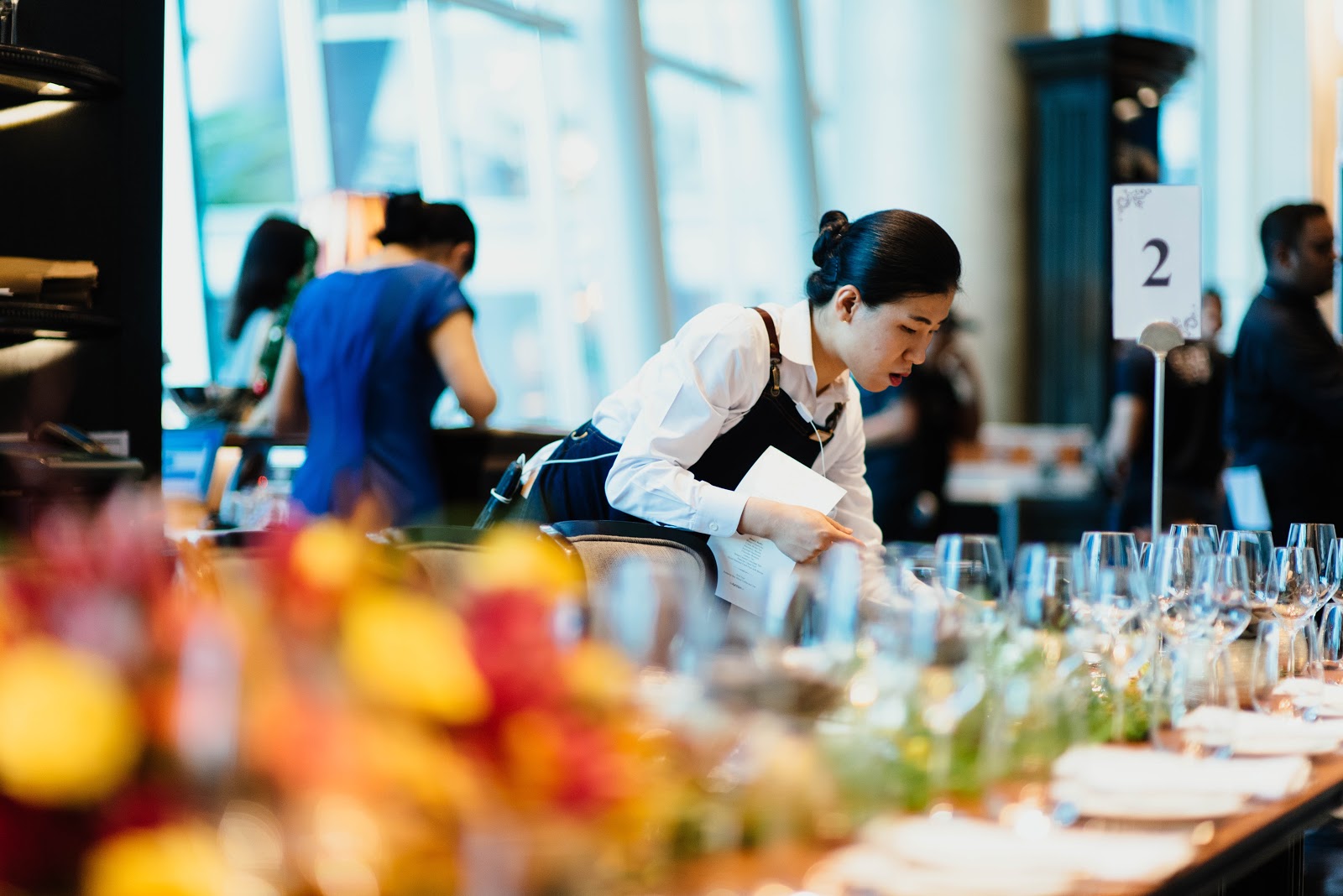
Grind
Number of branches: 8
Features: In-house coffee roaster combined with bar
Opening year: 2011
Origin Coffee Roasters
Origin, which originated in Cornwall, has seven branches so far: in addition to two in Cornwall, their fifth branch has recently opened in London.
Making great efforts to train employees to participate in the British barista competition is one of the reasons why Origin can not only expand its business, but also take into account the quality of coffee; in addition, in terms of raw material sources, it has also signed long-term contracts with fixed coffee farmers to ensure that guests can enjoy drinks free of commercial exploitation every time they visit.
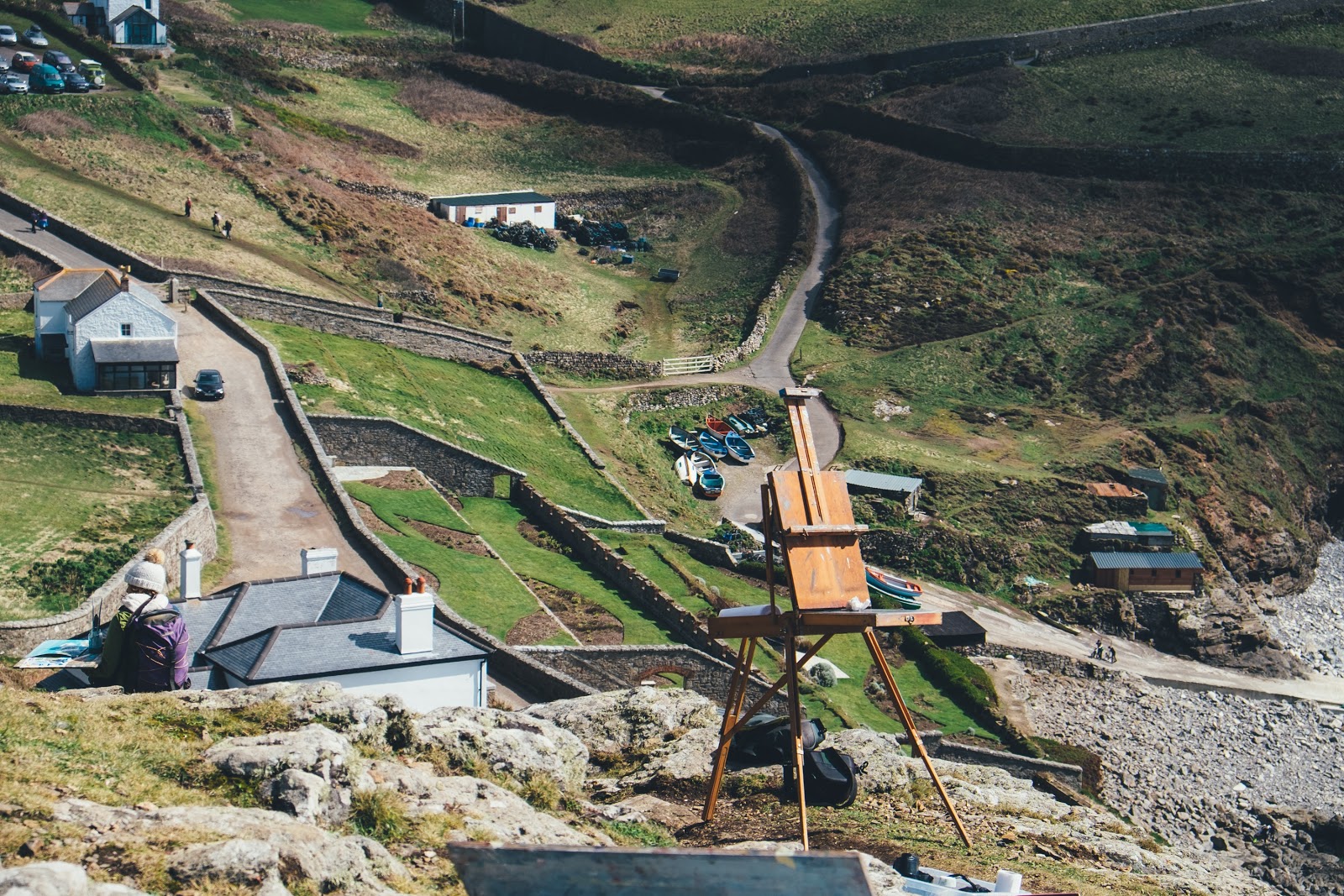
If you have a chance to go to Origin, you will be recommended to go to Shawditch's flagship store and order a hand-boiled dish made with a Kalita wave filter cup, which will definitely give you endless aftertaste.
Origin Coffee Roasters
Number of branches: 7
Features: high-quality green coffee beans, skip the contract of the middleman
Year of opening (in London): 2014
Notes
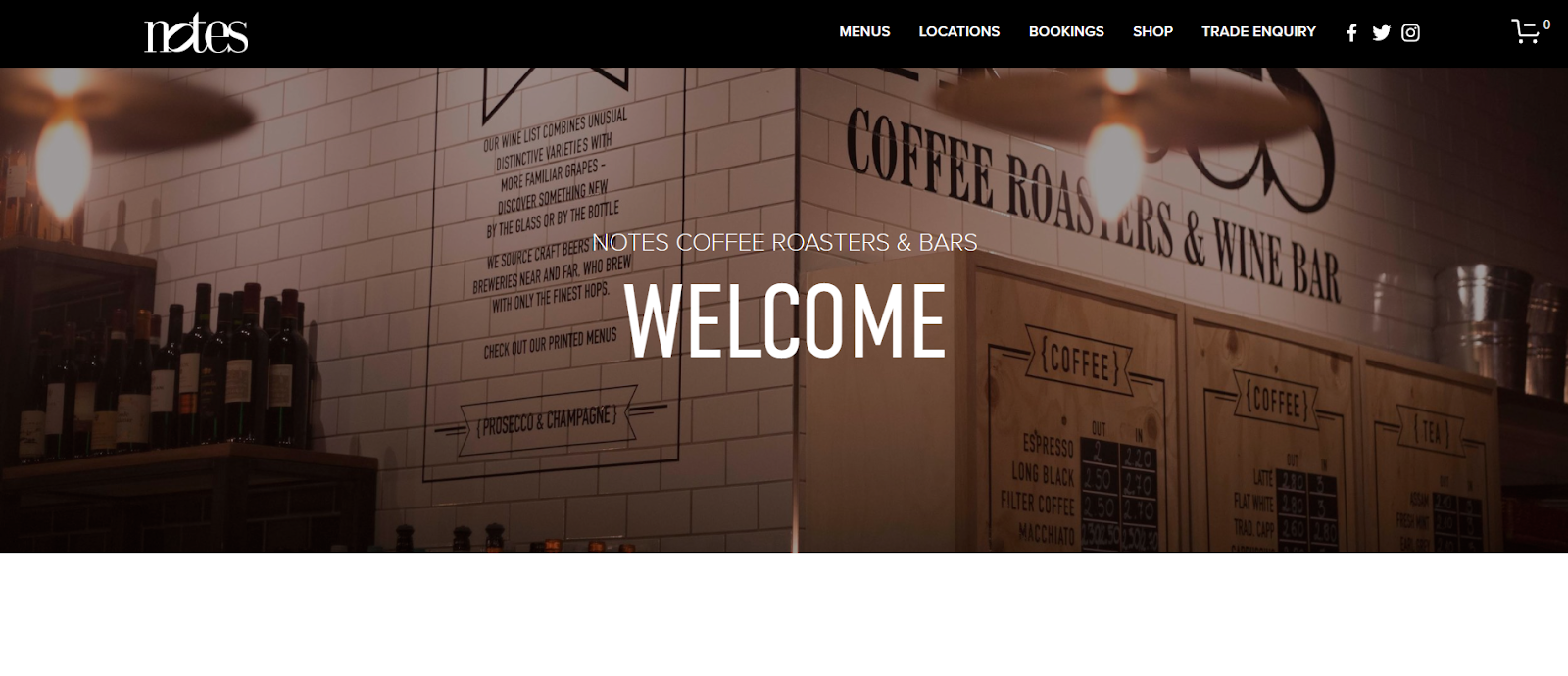
Central London caf é, which originated in 2010, has been expanded into a Notes chain system with nine branches after nearly a decade of efforts.
On the whole, most of the customers of Notes are middle-class people who want to drink in the middle of the night and have plenty of money, but after all, Notes, which is mainly coffee, also provides high-quality boutique coffee.
Canary Matou, the financial hub of London, England, is also home to one of the branches of Notes.
At present, it seems that the operation of Notes is flawless, but perhaps in the near future, a shortage of baristas in London will be a challenge for them in the future.
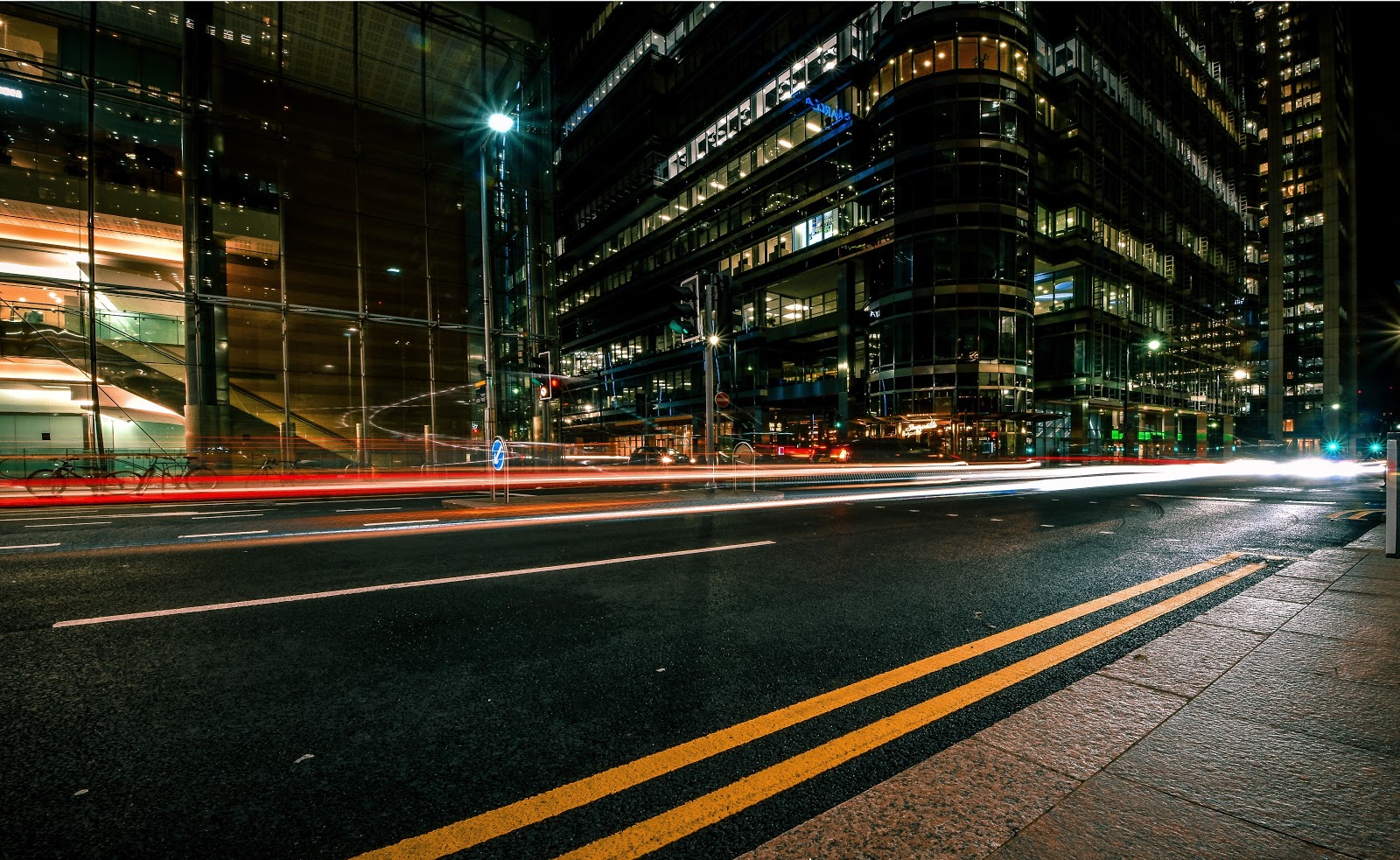
Notes
Number of branches: 9
Features: high quality coffee roasting and red wine
Year of opening: 2010
Caravan
Although Caravan focuses on all kinds of meals-and the main reason for expanding its business, it also attaches importance to its own coffee-there are fixed raw bean partners to maintain quality, and there are also cooperative coffee shops (Crosstown mentioned in the coffee shop food recommendation policy (above) is the use of Caravan coffee beans, is also a well-known coffee chain system), in order to cope with the possibility that there may be more partners in the future. Caravan recently opened a new, more spacious bean baking plant in the northern suburbs of London.
Maybe when you come to Caravan for the first time, you will be a little unaccustomed to eating slowly, but no matter which branch you are, you can taste high-quality coffee.
Finally, if you are lucky enough to go to Caravan, in addition to the required coffee, it is also recommended to order other drinks, especially a mixed drink called Shrub (shrub cocktail, a vinegar + black tea fungus drink).
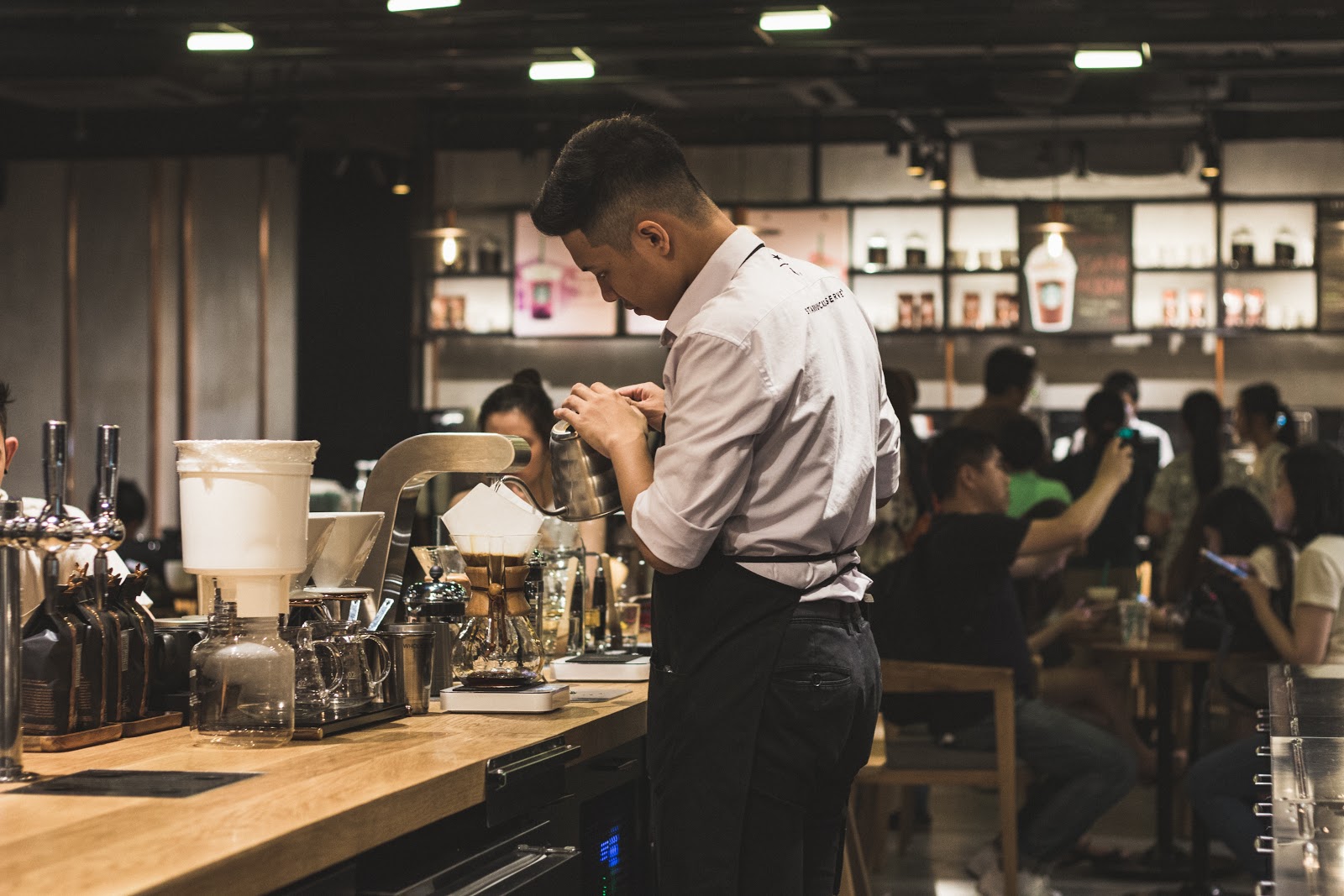
Caravan
Number of branches: 6
Features: round-the-clock meals and high-quality coffee
Year of opening: 2010
Workshop Coffee
Of all the chain systems, Workshop should be one of the few stores with unique insistence on coffee beans, with all five stores using home-baked and fruity water-washed shallow peas.
In addition to baking beans at home, Workshop also helps many hotel counterparts train baristas, including Claridge Hotel, where a double room costs tens of thousands of dollars a night.
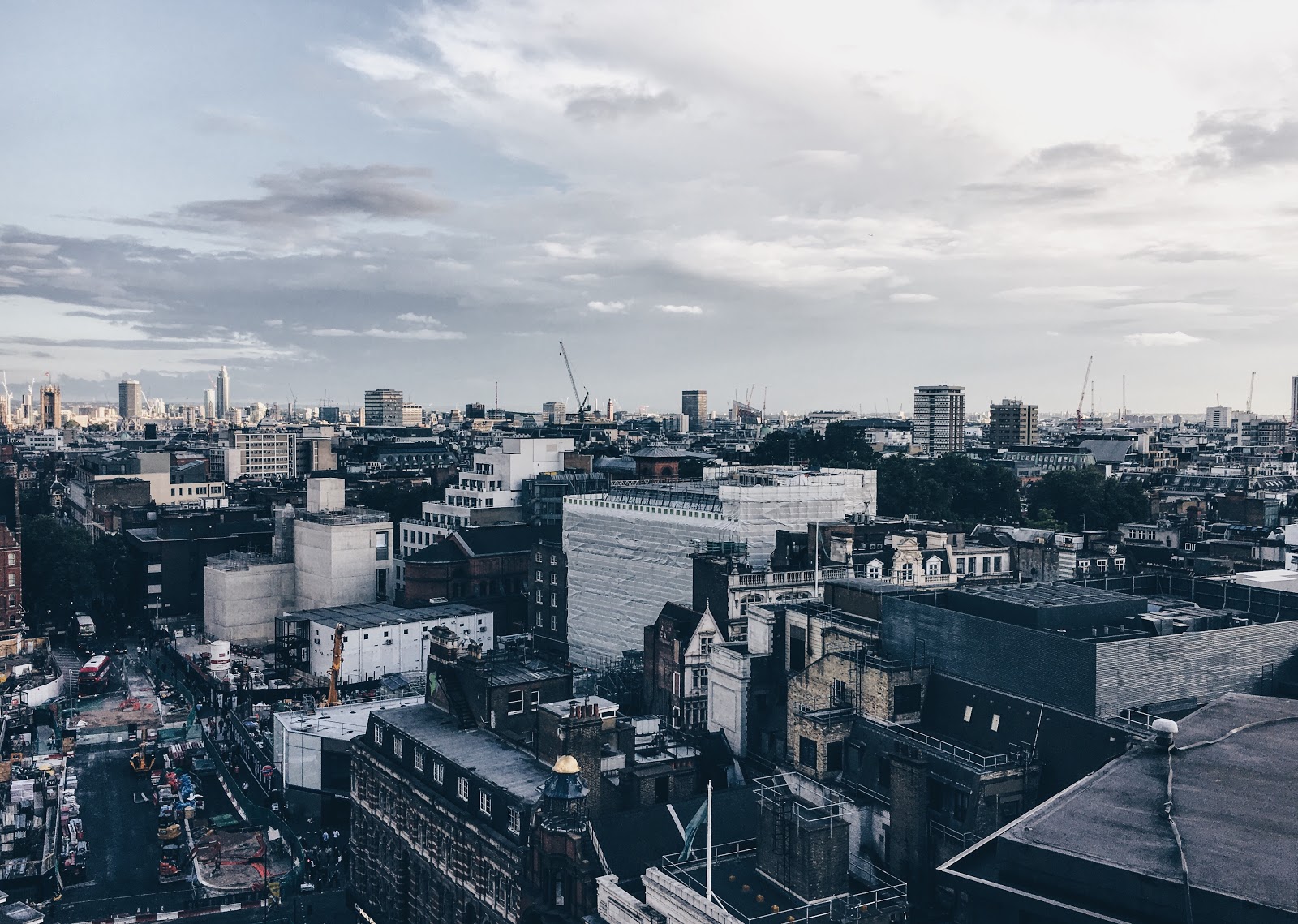
Finally, if you want to recommend Workshop Coffee, don't miss the Fitzrovia branch-the only open-air coffee bar where you can enjoy the Thames riverside view while drinking and making items.
Workshop Coffee
Number of branches: 5
Features: a few shops that only use water to wash shallow cultured coffee beans
Year of opening: 2011

Other chain systems
In addition to the previous seven chain systems, there are also several high-level small chain stores, such as Camden Coffee House and Fernandez and Wells, which are famous for defending traditional espresso culture and are recently expanding their operations (all five branches of Has Bean Coffee use their coffee beans).
Camden Coffee House
Fernandez and Wells
Why should we pursue large-scale chain operation?
So why do these coffee shops want to expand? Of course, it is because the more stores you open, the more costs and benefits you can bring. To put it simply, the more stores you operate, the more you can dilute the operating costs. After the benefits reach a certain scale, you can also set up a bean baking factory in one place, or create economies of scale to reduce operational risks.
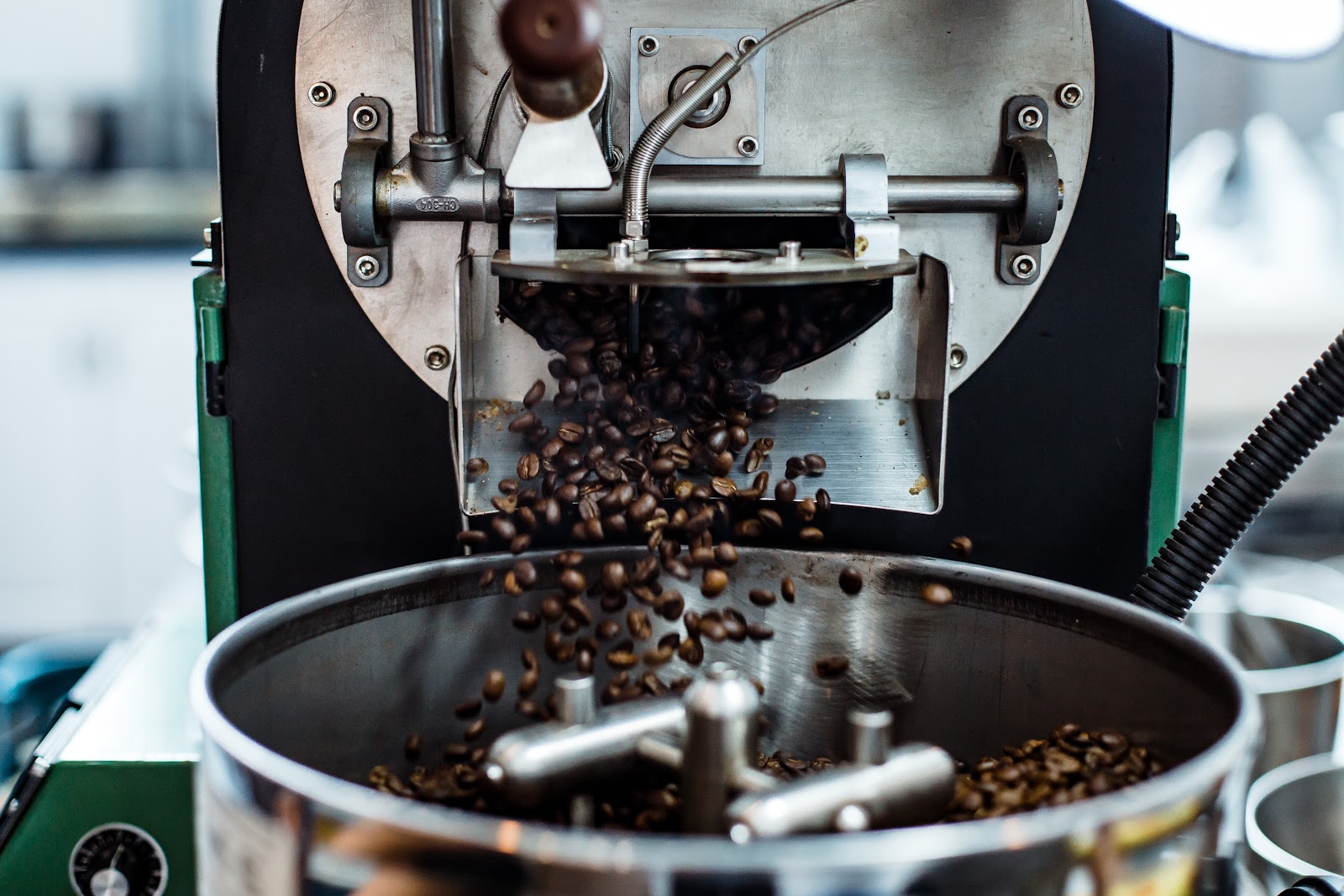
"the cost of setting up a baking plant is very high, but the most important thing is that the store can control the quality independently."
Notes Coffee co-founder Robert Robinson (Robert Robinson) once said: "although the cost of setting up a bean baking factory is high, quality control is the most important thing for us." As an industry, we always want to be able to bake beans and control the parameters we want. Of course, owning your own bean baking factory is one of them; another reason for expanding business is that when the demand for raw materials increases, there is more room for bargaining (with suppliers), which can save unit cost to control product prices. at the same time, in the case of improved brand visibility, so that consumers' impression of the brand can be improved, which can attract more consumer groups.
Most of these small-scale boutique coffee chains have one thing in common: never give up their dedication to quality.
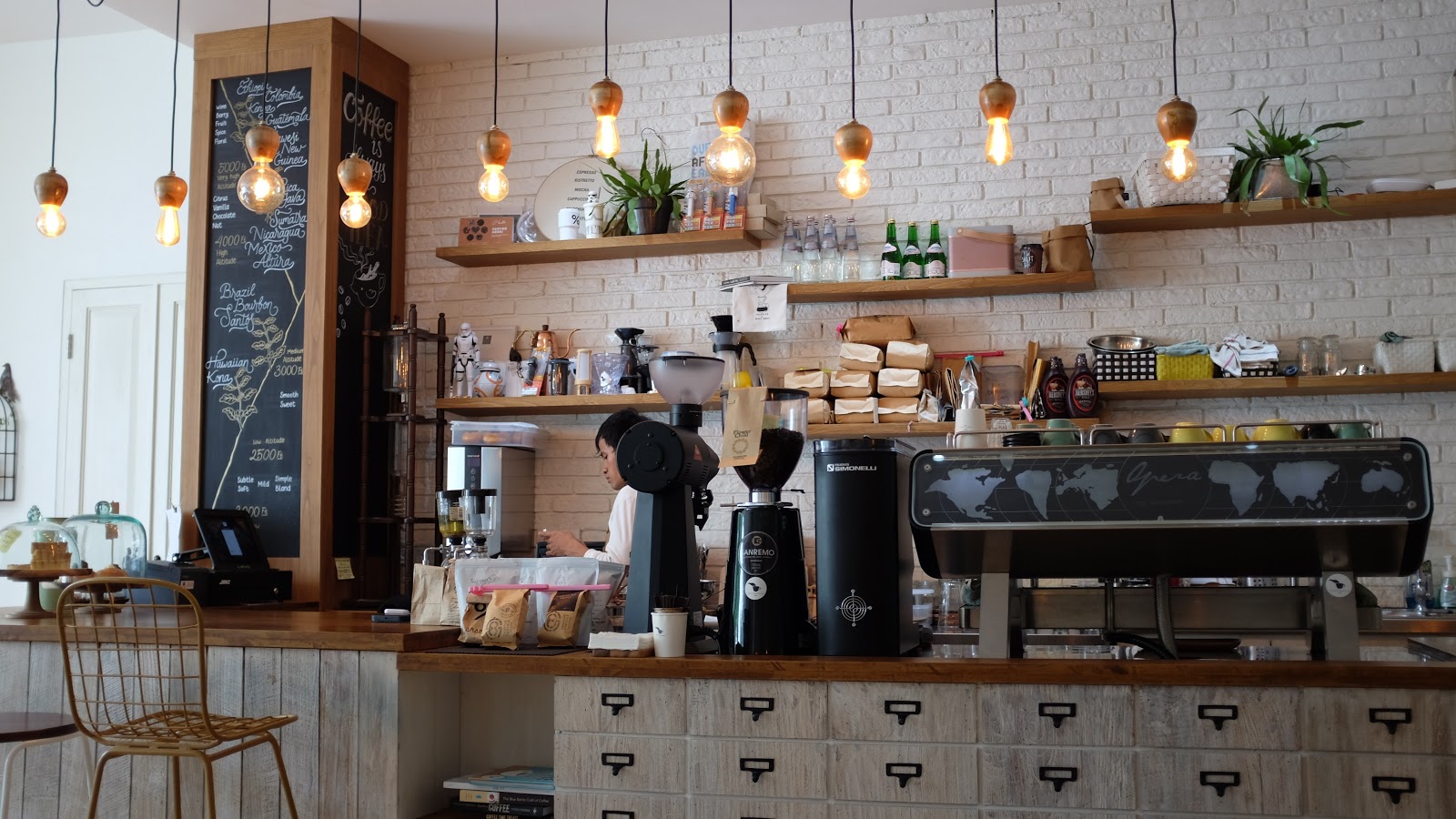
How do small coffee brands survive for a long time?
When a store expands to the scale of a chain, the most difficult part is to maintain quality and market competition. In the highly competitive catering industry, I do not know how many coffee brands were unable to take into account the quality because of their expansion into a chain scale in the past, and were finally eliminated by the market. Quality is always the first competitiveness of small coffee brands, and it is also the most basic premise of large-scale chain operation. The establishment of a bean baking factory and self-baking is only one of the options to maintain quality. Many boutique coffee chains have chosen this path, simply because they have their own style in the coffee market, from bean selection to tonality. Creating its own flavor, which extends to providing a new consumer experience and gaining consumer resonance, is so interesting and fascinating.
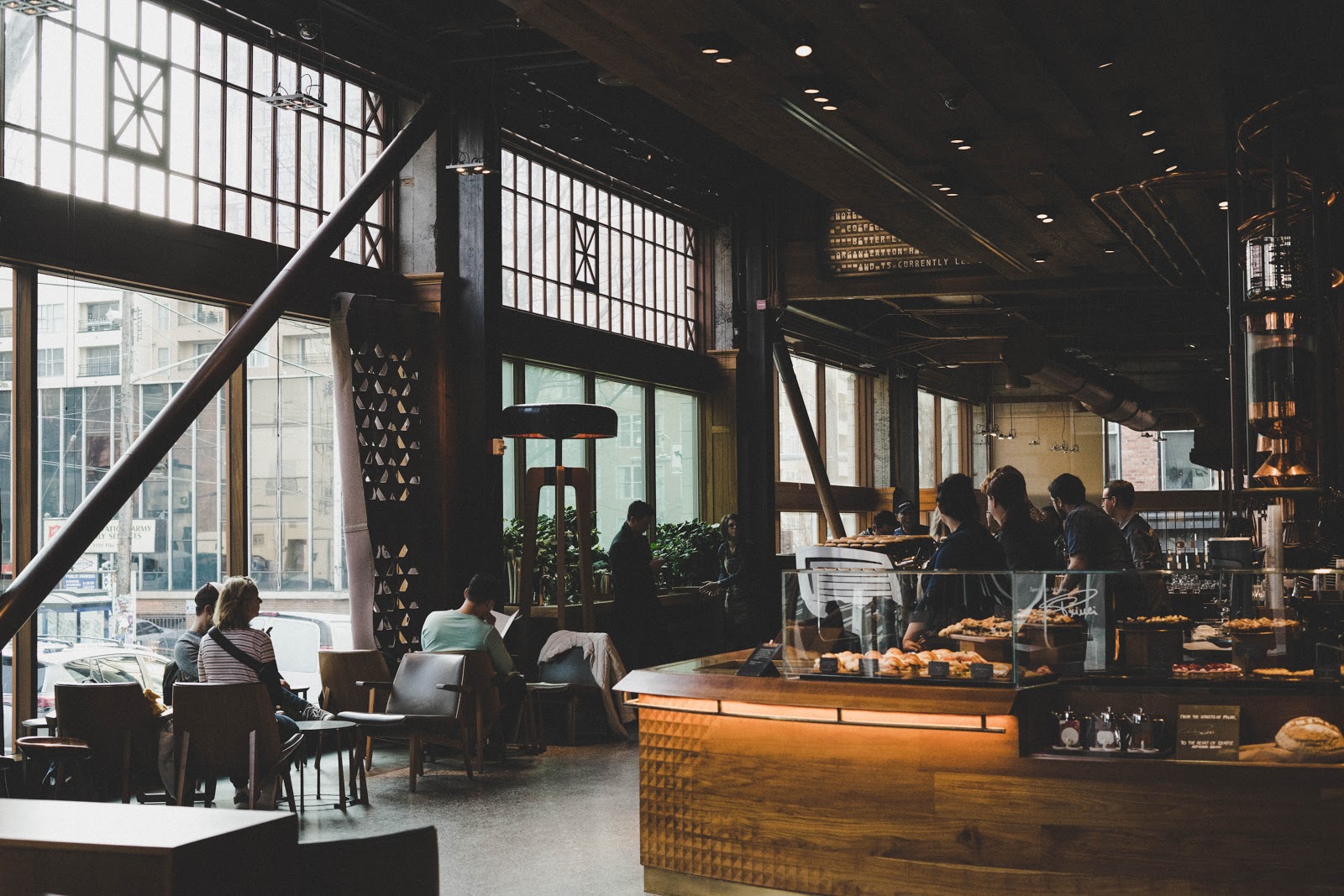
Of course, in addition to the unique experience properties of self-baking In recent years, more and more stores are seeking similarities and differences to enhance their market competitiveness, such as the large chain Starbucks. In recent years, Starbucks Zhenxuan store Starbucks Reserve, a new brand launched in recent years, distinguishes its coffee experience from other branches. In addition, domestic boutique coffee brand GREYBOX COFFEE opened a new ROASTERS roaster, Pacific Coffee opened its flagship self-baking store LUXE, and launched boutique coffee brand Brew Bar. In addition to self-baking to maintain the quality of consideration, more want to popularize coffee culture, space design, lifestyle, scene experience, brand value and other aspects, close the distance with consumers to meet the needs of consumption upgrading.
Important Notice :
前街咖啡 FrontStreet Coffee has moved to new addredd:
FrontStreet Coffee Address: 315,Donghua East Road,GuangZhou
Tel:020 38364473
- Prev
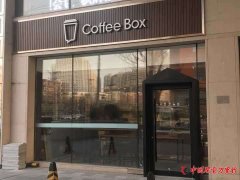
Even a large number of coffee closed shop tracking: how about two deals an hour with coffee?
Professional coffee knowledge exchange more coffee bean information please follow the coffee workshop (Wechat official account cafe_style) 1 hour, no restaurant customers, two takeout orders this is the afternoon of February 28th, Beijing Lian Coffee Ganjiakou shop sales situation. Since 2017, Internet coffee represented by Luckin Coffee and Lian Coffee has begun to hit the domestic coffee market. Starbucks, a traditional coffee giant,
- Next

The reason why wrestling stars open cafes is that they have a heart that loves coffee.
Professional coffee knowledge exchange more coffee bean information Please follow the coffee workshop (Wechat official account cafe_style) many people have a dream of opening a coffee shop. But don't think that only Wenqing can have this kind of dream, even if he is as strong as a wrestler, he also has such a beautiful dream. Wrestling fans familiar with Seth Rawlings the Kingslayer may know that he opened one.
Related
- What documents do you need to go through to open a coffee shop? coffee shop coffee shop certificate processing process
- How to purchase Coffee beans in small Cafe how to choose a suitable supplier for domestic Coffee supply Company
- How to drink Starbucks Fragrance White Coffee? how to make Australian White Coffee? what Italian coffee beans are recommended?
- The Story of Flora Coffee: the name of Flora Coffee Bean and the implication of the Flowers on Florna Coffee
- How much does a cup of coffee cost? How much is the profit of a cup of coffee? What is the profit of the coffee shop in a year?
- Yunnan small Coffee, known as "fragrant Coffee", introduces the characteristics of Alpine Arabica Coffee producing areas in Yunnan, China
- 2023 latest Starbucks full menu price list how much is a cup of Starbucks coffee what is better to drink the most popular hot and cold drinks recommended
- Starbucks different kinds of Coffee Price list Starbucks menu 2023 Top Ten Best drinks in Starbucks
- Starbucks Spring praise Comprehensive matching Coffee Bean theme Story Packaging implication and taste description
- The cost of a cup of coffee latte American coffee cost price and selling price

